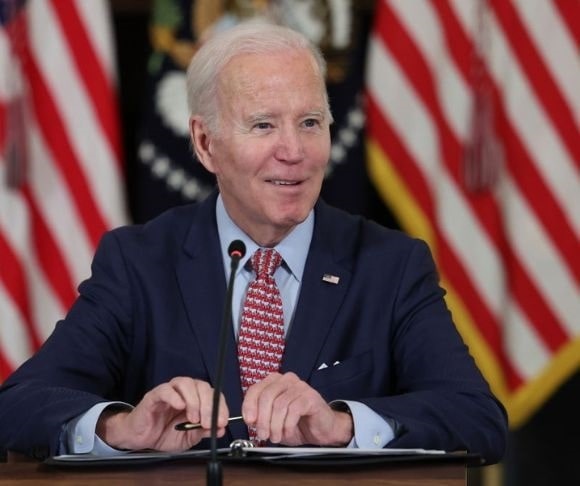Late Tuesday night, the Budget Committee reached an agreement to complete President Joe Biden’s infrastructure plan by allotting $3.5 trillion in a sweeping spending proposal. The money is to be used to fund a reconciliation package, which means that Senate Democrats would be able to avoid the filibuster and – for all intents and purposes – ignore the wishes of their Republican colleagues regarding the total dollar amount. The committee has settled on the figure of $3.5 trillion, however it is not yet decided how that funding will be spent. The final destination of the money will face a line-by-line series of votes.
The overall direction of the law is far from a done deal. Even among Democrat lawmakers, there remain concerns over how the spending will be financed and whether this major increase in the size of the government footprint can gain the simple majority required.
The budget package seeks to cover such disparate areas as Medicare, education, and climate change; all topics that the White House insists are part of “human infrastructure” spending. President Biden plans to meet with congressional Democrats on Wednesday, July 14, to bolster support and allay fears. This latest proposal is regarded as a companion piece to the bipartisan plan aimed at dealing with traditional infrastructure such as roads and bridges. A major sticking point in this is that politicos on both sides of the aisle are asking for separate votes on the bipartisan package versus the new reconciliation plan. A chief concern is that the costly Democrat package’s price tag is too high.
What’s on the Table?
Senate Majority Leader Chuck Schumer (D-NY) summarized the new Democrat plan: “You add that to that the $600 billion in a bipartisan plan … Every major program that President Biden has asked us for is funded in a robust way.”
Schumer insists that the $3.5 trillion package will be “robustly” funded. Despite his assurances, many backers are concerned that the Congressional Budget Office may find the proposal will end up increasing the national deficit. Sen. Susan Collins (R-ME) said that she and other members of the Budget Committee are “doing our best to work through that.” She further stated that the group would be trying to resolve the issue by Thursday and then begin turning the loose plan into a workable bill.
Democrat Opposition?
Sen. Joe Manchin (D-WV) said before the announcement that “Everything should be paid for. How much more debt can y’all handle?” Many suspect that unless assurances are made regarding how and when, and by what means this spending will be accounted for, Manchin may end up voting with GOP colleagues. Manchin acknowledges that a Democrat-led bill is all but “inevitable,” but warned last month that “I want to make sure we pay for it. I do not want to add more debt on. So, if that’s $1 trillion or $1.5 trillion or $2 trillion, whatever that comes out to be over a 10-year period, that’s what I would be voting for.”
With fresh worries, both Democrats and Republicans will be wary of increasing the deficit. Sen. Mark Warner (D-VA) attempted to head these concerns off at the pass by stating that the Budget Committee intends to finance the spending with a tax on wealthy Americans and corporations and that no new taxes would be applied to those earning less than $400,000 a year.
A Long Way to Go
It’s not yet clear whether the two infrastructure packages – the bipartisan initiative and the Democrat-led one – will end up being combined into a single proposal, or remain separate.
Getting the plans to the floor is still a long way off and each aspect will have to face the vote of a deeply – and evenly – divided Senate. It also remains to be seen whether the final proposals will fall in line with the wishes of the House of Representatives. While Democrats still control both chambers of Congress, they likely see this as one of their last major chances to pass big legislation. Whether the infrastructure reform will retain its overall scope is unknown, but the growth of the governmental footprint that comes with Democrats’ new proposal will be seen as a significant win for Joe Biden in the run-up to the 2022 midterms, if not for the U.S. deficit.
~
Read more from Mark Angelides.




